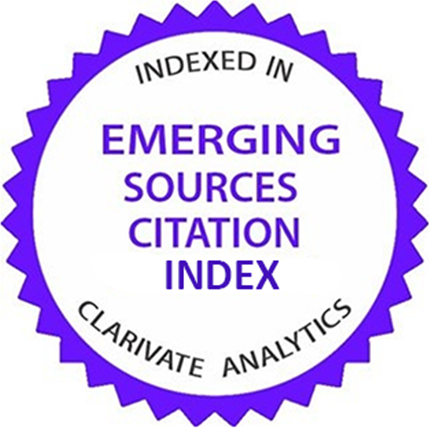Evaluation of the Incidence, Severity, and Mortality Rate of COVID-19 in Patients with Multiple Sclerosis Receiving Interferon β-1a
Abstract
We enthusiastically read Payandemehr et al.’s study, which examined the effect of interferon β-1a (ReciGen, CinnaGen Co., Iran) on the severity of the disease in patients with COVID-19 and revealed that taking interferon β-1a (INF) significantly reduced the duration of hospitalization and the rate of mortality of hospitalized COVID-19 patients. INF is one of the main drugs in patients with relapsing-remitting multiple sclerosis (RRMS), and these patients mainly use this drug for a long time. We decided to examine whether the drug has an effect on the incidence rate of COVID-19 in MS patients and whether it affects the course of COVID-19 in case of infection. In November 2020, 75 RRMS patients treated with INF (ReciGen, CinnaGen Co., Iran) were evaluated for COVID-19. Fifty-seven and eighteen cases were female and male, respectively. Patients had a mean age of 36.9±7.2 years, disease duration of 7.0±4.4 years, and the INF use duration of 3.5±1.7 years. Of these 75 patients, only one patient (1.33%) tested positive for COVID-19. The patient was a 29-year-old female nurse working in the pediatric intensive care unit (ICU) and had been receiving INF for six years since the diagnosis of MS. She developed symptoms of cough, shortness of breath, lethargy, anorexia, constipation, and diarrhea in June 2020. The lung computed tomography (CT) scan indicated mild lung involvement, and the reverse transcription polymerase chain reaction (RT-PCR) test was positive for COVID-19. The patient continued her INF treatment, and the symptoms completely disappeared after five days. The patient did not require to be hospitalized during her COVID-19 infection. Therefore, the hospitalization rate due to COVID-19, hospitalization in the ICU, and mortality rate were zero in INF users. In a study by Sahraian et al. addressing 4647 MS patients revealed that the incidence of COVID-19 was 1.46%, which was similar to our findings concerning patients receiving INF. However, the hospitalization rate in the mentioned study was 25%, which was very different from that of our study. It should be noted that patients were taking a wide range of drugs in the mentioned study, and most of them were taking rituximab. Nevertheless, there was no relationship between the type of the administered drug and the chance of hospitalization in the mentioned study. Our findings suggest that there might be a link between the use of INF and non-hospitalization and lack of mortality in patients with MS infected by COVID-19. The obtained findings are in line with the results provided by Payandemehr et al.’s study. Although our study was observational and did not have a control group, it revealed that the INF administration might reduce the severity of the infection. However, the use of INF did not prevent COVID-19 infection. The positive effect of interferons on reducing the severity of COVID-19 has been indicated in other studies, as well. Considering its positive effect on COVID-19 and the fact that interferons have been used in the treatment of MS disease for many years, more attention should be devoted to administering this drug in patients with MS during COVID-19 as it can significantly reduce the risk of COVID-19 related complications.
2. Filipi M, Jack S. Interferons in the Treatment of Multiple Sclerosis: A Clinical Efficacy, Safety, and Tolerability Update. Int J MS Care.2020; 22(4):165-72.
3. Sahraian MA, Azimi A, Navardi S, Ala S, Naser Moghadasi A. Evaluation of the rate of COVID-19 infection, hospitalization and death among Iranian patients with multiple sclerosis. Mult Scler Relat Disord. 2020;46:102472.
4. Davoudi-Monfared E, Rahmani H, Khalili H, Hajiabdolbaghi M, Salehi M, Abbasian L, et al. A Randomized Clinical Trial of the Efficacy and Safety of Interferon β-1a in Treatment of Severe COVID-19. Antimicrob Agents Chemother. 2020;64(9):e01061-20.
5. Szkaradkiewicz-Karpińska AK, Szkaradkiewicz A. Towards a more effective strategy for COVID-19 prevention (Review). Exp Ther Med. 2021;21(1):33.
| Files | ||
| Issue | Vol 5 No 2 (2021): Spring (April) | |
| Section | Letter to the editor | |
| DOI | 10.18502/fem.v5i2.5607 | |
| Keywords | ||
| COVID-19 Interferon β-1a Multiple Sclerosis | ||
| Rights and permissions | |

|
This work is licensed under a Creative Commons Attribution-NonCommercial 4.0 International License. |










